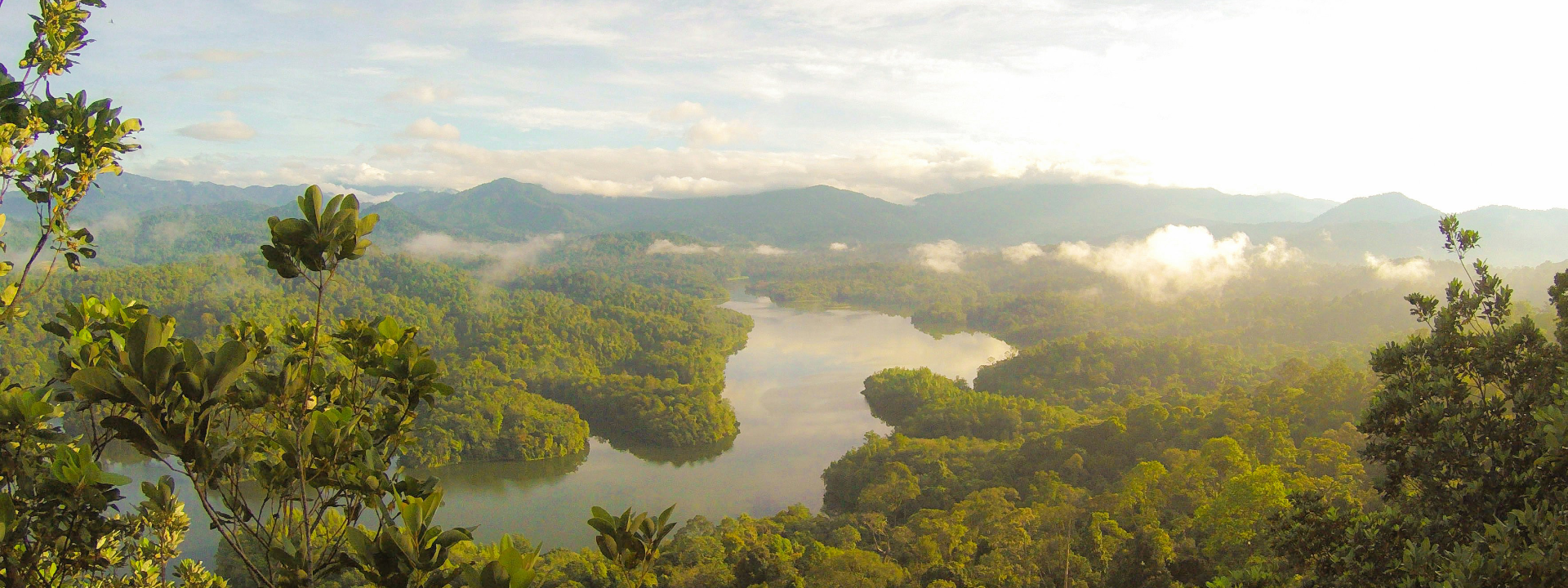Why Eden wasn’t perfect
Photo by Eutah Mizushima on Unsplash
The Garden of Eden forms the opening landscape of the Bible. Establishing God as creator, humanity as uniquely special in their relationship with Him and their purpose as caretakers of His creation. The third chapter of scripture introduces the great travesty that defines the shape of the relationship between God and creation from then to now. It’s what we know as the fall. The moment when humanity rebels against God, his rule and charge.
The language of Good
The first reason we should consider the Garden of Eden as good rather than perfect is the simplest. It’s because God calls it good six times (Gen 1:4, 9, 11, 18, 21, 24). As God reflects on his creation at the end of each of the first 5 days, his enjoyment is because of its goodness. There is no fancy logic here; the word good does not mean perfect. For all the goodness of creation, God only describes it as good.
Even when God has completed his creating work, creation is not described as perfect. As we, his image bearers, are made and charged with caring for His creation. Creation is still only described as very good.
A scale of goodness
This introduces another reason for us to consider the Garden of Eden as good, not perfect. Which is that in God’s evaluation of creation from good to very good, there is a scale of goodness. A helpful scale for us to consider with the fall in mind as well.
This scale from good to very good does not make a binary claim that things are either good or very good, but instead encourages us to consider things with a greater nuance and discernment. Some things are good, things that are more good, less good, very good and very not good. The top end of this scale is perfection, and the bottom end, complete corruption.
The creation was good and very good, but not perfect.
The presence of the serpent and the tree
A third reason why we need to consider the Garden as good rather than perfect is the presence of the serpent—the anti-God figure, who is active within the garden. The serpent's interaction with Adam and Eve shows that the concept of rebellion already existed before Adam and Eve’s decision to forgo the instructions of the Lord. The serpent can only be interpreted as an agent against God. How is that an anti-God being can exist in a place of perfection?
However, it would be too far to say that because of the presence of a being that is anti-God, creation was somehow corrupted in the same way that it is post the fall. It shows that creation was corruptible, but not that it was already corrupt. This came only as sin entered the world through one man (Rom 5:12).
The serpent is Satan; he is a spiritual being, not a worldly one. His domain is the place of hell. But he is able to visit the good creation. This shows the imperfection of creation.
The tree of the knowledge of good and evil is, in effect, poisonous for Adam and Eve. A perfect creation cannot have within it something that is deadly for the image bearers of God.
A note that brokenness, imperfection and sinfulness are not the same thing. Imperfection says that there is (in the scale of goodness) improvement to be had; brokenness says that what was created has failed in its created purpose; sinfulness is the state of our nature or our posture against God.
The hope of perfection
Fourthly, the Garden was never supposed to be the finished product. Rather, in God’s plan, Eden was only the starting point. The trajectory was always the new city of Zion. Which means we ought to look forward to the new creation, not back to Eden. When Christ returns, we will not be in a garden but a city, one that is perfect.
The imperfection of the garden and the perfection of the new creation are crucial differences. If the garden was perfect and corrupted, then what hope is there that the new creation won’t also be corrupted? We would be left anxious that what has happened to this world will be repeated.
Thankfully, that is not the case. The new creation will be perfect. There will be no serpent or poisonous tree. As we look towards the day of Christ, we look forward with comfort and confidence that with him comes perfection. The old order of things, the things of corruption, death and shame will have passed away to be replaced with purity, life and honour (Rev. 21:4-5).
Satan will have no presence in the new creation. There will be no temptation to sin for the tempter will be absent, there will be no deception for the deceiver will not be seen. We will be with God, a beautiful, unrestrained relationship between us and Him (Rev. 21:3). What Israel was promised (Ex. 6:7, Jer. 30:22), God’s people will receive. This hope is certain and sure, because when we see the Garden fall, it is not perfection corrupted, only good. But perfection is coming, and it cannot be corrupted.
